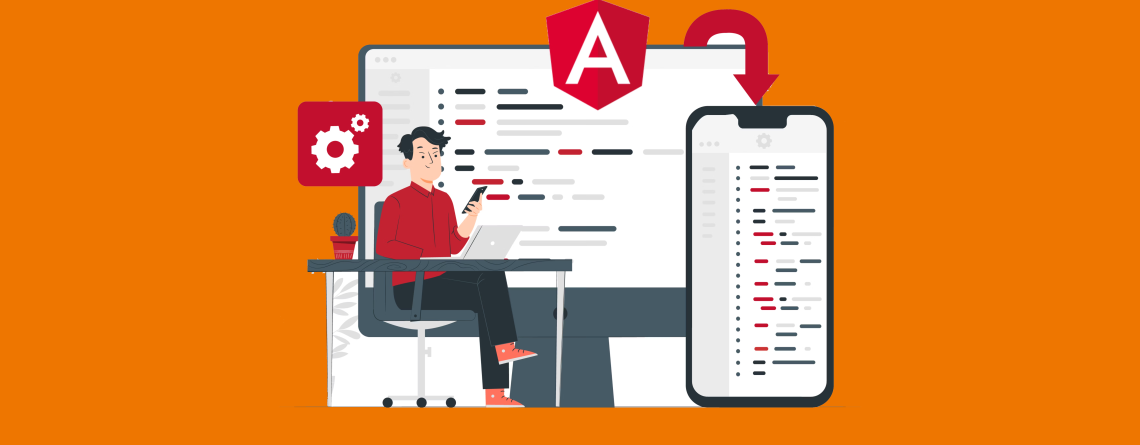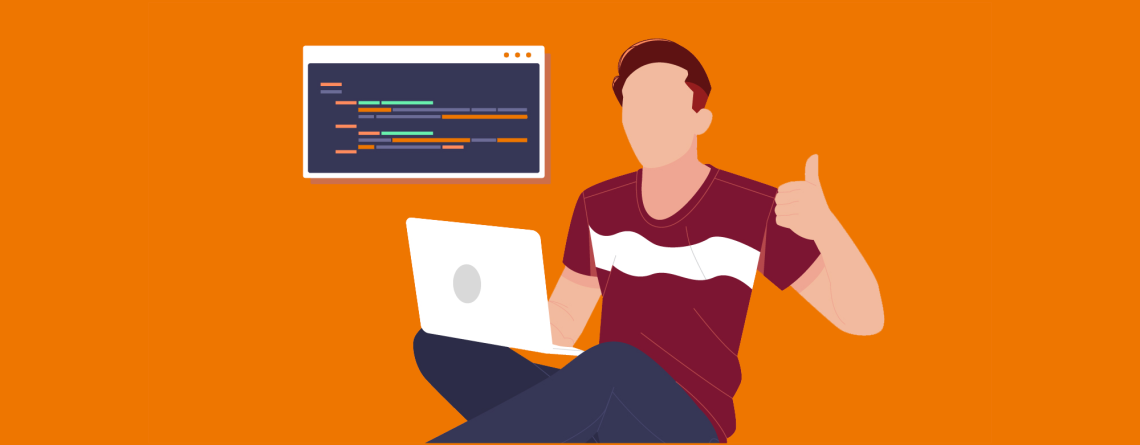Angular Observable Error Handling Best Practices
Handling errors effectively in Angular applications is crucial for delivering a smooth user experience. When working with Observables, which are a fundamental part of Angular's reactive programming paradigm, proper error handling is essential. In this blog post, we'll explore best practices for handling errors in Angular Observables with practical code examples. Table of Contents Introduction Best Practices 1....




